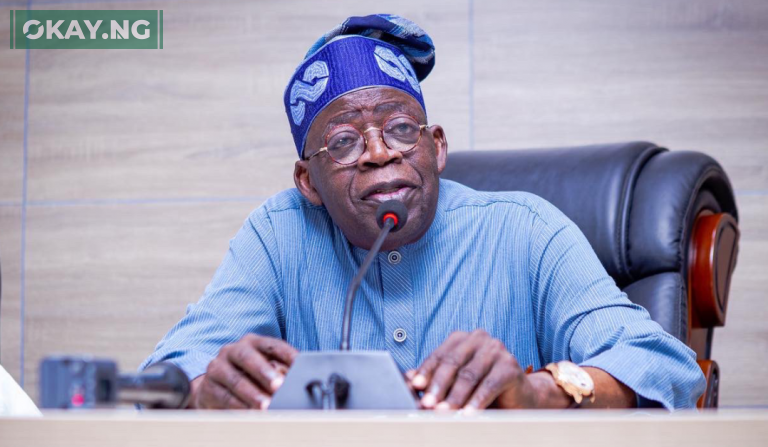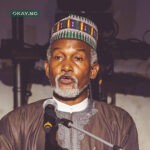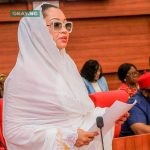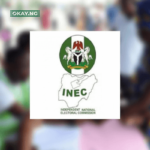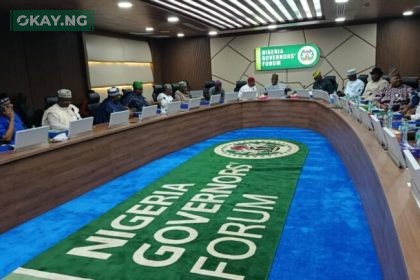President Bola Tinubu on Wednesday announced the formation of a high-powered committee tasked with restoring lasting peace in Benue State, following the horrific massacre in Yelewata community, Guma Local Government Area, which claimed approximately 200 lives last Friday.
The peace committee comprises influential figures including former Benue Military Governor Gen. Atom Kpera (retd.), former governors Senator George Akume, Senator Gabriel Suswam, and Samuel Ortom. Traditional rulers such as the Paramount Ruler of the Tiv Nation, HRM Prof. James Ayatse, and the Ochidoma of Idomaland, HRM Dr. John Elaigwu, also form part of this critical team.
Speaking at a town hall meeting held at the Benue State Government House banquet hall in Makurdi, President Tinubu emphasized the importance of inclusive stakeholder engagement for governance and peacebuilding. He urged Governor Hyacinth Alia to take ownership of the committee’s activities, which also include federal officials and representatives of non-indigenous residents.
“Let us meet again in Abuja. Let’s fashion out a framework for lasting peace. I am ready to invest in that peace. I assure you, we will find peace. We will convert this tragedy into prosperity,” the President declared.
The meeting was attended by key federal and state officials, including Secretary to the Federal Government George Akume, and the governors of Kwara, Imo, Kogi, Plateau, Ondo, and Nasarawa states. Tinubu called for collaboration with neighboring Nasarawa State, whose governor Abdullahi Sule was present, underscoring the need for regional synergy.
“I want the traditional rulers — the Tor Tiv, the Och’Idoma and others to be included in this peace committee. The Governor of Nasarawa is here and the Governor of Benue is here, let’s create that synergy for peace, development, and prosperity. We’re here to govern, not to bury. We’re here to raise families, not to lose some,” he said.
President Tinubu appealed to Benue communities to support Governor Alia and embrace peace and inclusion, stressing the critical nature of the moment. He assured the Federal Government’s full backing and his personal commitment to ending the cycle of violence.
The massacre, perpetrated by suspected armed herders on June 13, left at least 100 dead according to Amnesty International and local officials, with some sources estimating casualties near 200. Many victims were internally displaced persons who had sought refuge in Yelewata. The attackers also set homes ablaze, causing widespread destruction.
In response, the President directed the Inspector General of Police Kayode Egbetokun and Chief of Defence Staff General Christopher Musa to swiftly apprehend the perpetrators. Expressing frustration over the absence of arrests days after the attack, Tinubu urged security agencies to intensify efforts.
“Police, I hope your men are on alert to listen to information. How come no arrest has been made? I expect there should be an arrest of those criminals,” he said.
He also called on intelligence agencies to enhance their surveillance capabilities. “DG NIA and DG DSS, retool your information channels and let’s have tangible intelligence that this will not occur again,” he instructed.
Further, the President encouraged Governor Alia to allocate land for ranching and tasked the Minister of Agriculture and Food Security with following up on this initiative. He also called for blood donations to support victims receiving treatment at the Benue State Teaching Hospital, where he visited patients and medical staff.
Highlighting the link between peace and development, Tinubu said, “The value of human life is greater than that of a cow. We were elected to govern, not to bury people.”
Governor Alia appealed for a Special Intervention Fund from the Federal Government to assist communities devastated by recurrent attacks, emphasizing the need for rehabilitation of displaced persons, reconstruction of infrastructure, and restoration of livelihoods.
Traditional ruler Prof. James Ayatse described the violence as a “calculated, well-planned, full-scale genocidal invasion and land-grabbing campaign by herder-terrorists and bandits,” rejecting simplistic characterizations of the conflict.
The Northern Elders Forum condemned the killings as “genocide” and a symptom of governmental failure, while the Concerned Christian Youth Forum called for urgent action and community vigilance.


